Chelsea Carmichael
Videos
About
Saxophonist, composer and arranger Chelsea Carmichael is an understated innovator and educator, quietly adding her own contribution to the iteration of jazz that has evolved on these islands. She’s a warm and hypnotic player, who brings subtle and considered improvisation to everything she does.
She’s already been part of a Mercury-nominated band – she played on SEED Ensemble’s 2019 Driftglass – and currently plays with Theon Cross, the Neue Grafik Ensemble and the hyper- popular Outlook Orchestra who play for huge audiences at major venues and festivals. She also writes and arranges for her own Chelsea Carmichael Ensemble.
Primo cultural instigator Shabaka Hutchings noted her potential and invited her to record the first release his new brand new Native Rebel label. He wrote a set of songs for her, which she worked up at RAK studios with Eddie Hick (Sons of Kemet), Dave Okumu (The Invisible) and Tom Herbert (The Invisible; Polar Bear) and the resulting recordings comprise her 2021 debut album The River Doesn’t Like Strangers.
The album title comes from something her dad said when they visited Jamaica for the first time, when she was younger. The Rio Grande goes through the centre of his home village of Grants Level, in the parish of Portland. “The river has always had a reputation for not being very kind to new people. My dad!s not really superstitious, so it stuck out for me that he said that.”
Chelsea and Shabaka knew each other in the way that everyone connected by community knows each other. They hadn’t played together, though, until a rare London show by South African band The Brother Moves On in May 2019 at the Total Refreshment Centre-affiliated Church of Sound. She’s connected to what’s being called the ‘new London jazz scene’ although recognises that every word in that phrase is inaccurate: it’s not new, it’s not just London, there are multiple sounds and the idea of a ‘scene’ occludes the nuance and complexities of a large group of people who are heading in different directions and who come from different starting points.
She grew up in Warrington with her parents, who were both dancers on the Northern jazz and funk scene, dipping into her dad’s record collection and absorbing the musical culture of the Jamaican side of her family. She began with piano and later picked up the saxophone, playing in big bands and as part of the Wigan Youth Jazz Orchestra (WYJO). “It was essential to my development,” she says of this time. “The whole thing was super inspiring and really spurred me on. It was the first time I realised, it’s not just about practising, there’s a social element too. It was a massive part of the direction I’ve gone in.”
Manchester jam sessions at Indigo Bar and Matt & Phred’s offered a space to expand her playing, outside the psychological safety of her bedroom or the practice room, and to expose herself to the judgement of other players. “I knew I had the facility, but it was just the confidence to step up. Those moments can really make or break a young person. If you go to a jam session and people aren’t as warm and welcoming as you need them to be at that point, you might never go back,” she says. “The north is just great for that anyway. Northern musicians helped me out massively.” In 2001 she moved south to study music at Trinity Laban Conservatoire of Music.
Whilst she’s Conservatoire-trained as a musician, she’s self-taught when it comes to composing for her own Chelsea Carmichael Ensemble – which sold out Ronnie Scott’s when they performed their tribute to John Coltrane’s ‘Giant Steps’ on the record’s 60th anniversary.
“Composition has been a solo, self-taught adventure, literally in my room on my keyboard,” she says. “It’s been trial and error. The writing thing is a really long journey and I!m just at the start. There’s a lot more for me to explore.”
These explorations includes a focus on one particularly rich seam. “I’ve been really delving into the lineage of Black British excellence within jazz,” she adds, referencing the more obscure parts of Courtney Pine’s back catalogue and Nu Troop’s 1981 album ‘Migrations’ along with Denys Baptiste, Jason Yarde and Soweto Kinch. “The Conservatoire path is very American-focused. That’s where the music is from, but we have our own history and legacy here and we don’t do too much digging into it. It’s a personal project to dig into the history we have in this country.”
It’s a sound she loves and it’s a lineage she’s joining as a musician and educator. As well as working as Musical Director for the NYJO Jazz Messengers, she’s been delivering lectures on Black British music at Goldsmiths. This is research she’s gathering up with half an eye on the future, but for now, it’s just informing her playing and her contribution to the music as a writer.
“I’m trying to serve the music in two senses,” she says. “In real time, on the bandstand, by asking ‘what does the music require, what can I bring?’ But also in terms of how to move music forward. The nature of jazz is that it always moves forward and always changes. I’ll be trying to move the music forward for the rest of my life.”


